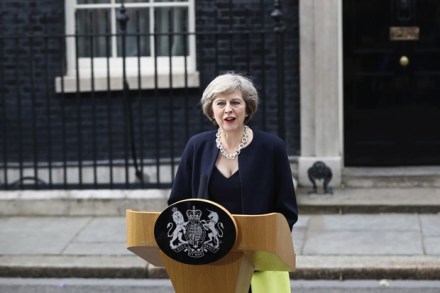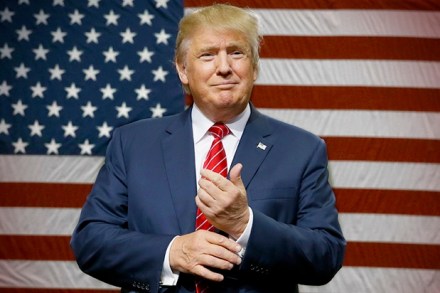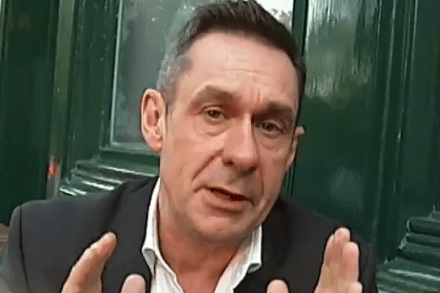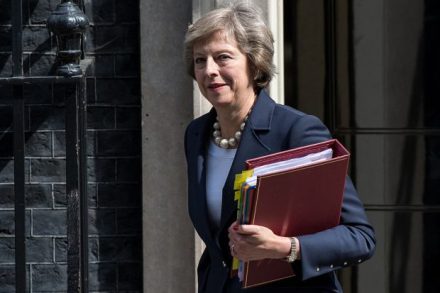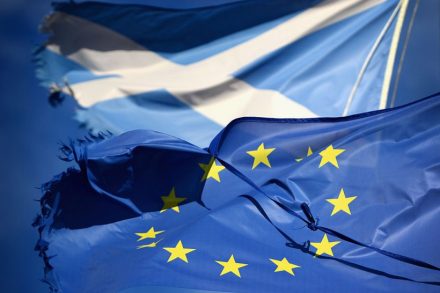Why an early election would be bad for the Tories
Ten points ahead in the polls, Theresa May regarded as the best Prime Minister by a majority of voters and both Labour and Ukip in disarray. It is little wonder, as I say in The Sun today, that some Tories are beginning to get excited about an early election. But going for an early election would be a massive mistake for the Tories. First, what the public seem to like about Theresa May is that she is a no nonsense politician who gets on with the job in front of her. Voters appear to like her refrain that politics isn’t a game. But calling an early election would destroy all
